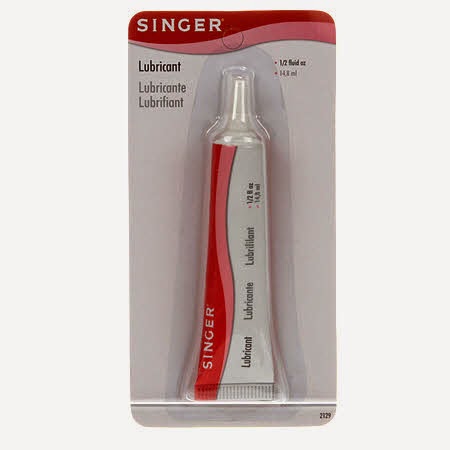Rick and I are still working to move things around in our shop ... the toys are gradually migrating into their new space, formerly Rick's renovated workshop. And Rick's smaller tools are moving upstairs to his new second floor studio, where he will concentrate on the scroll saw art he is doing.
The quilt shop will take over the other half of the front of the barn, gaining space where quilters can gather for workshops or just for social "Sit 'n Sews" in the evenings. We do have a heater in that space, so we will be cozy in the dark of winter afternoons as well.
 The vintage sewing machines (that were there in the shop but not very visible) are now more prominent and accessible in our enlarged space. I plan this winter to give workshops on treadling, including information on cleaning, maintaining and USING those family treasures hidden away in attics and cellars of every small town in New England. Maybe you have one waiting to be found and loved?
The vintage sewing machines (that were there in the shop but not very visible) are now more prominent and accessible in our enlarged space. I plan this winter to give workshops on treadling, including information on cleaning, maintaining and USING those family treasures hidden away in attics and cellars of every small town in New England. Maybe you have one waiting to be found and loved?To that end, I'll begin adding new items to our inventory that will help with the machine's upkeep. We've started with a small purchase: sewing machine oil (commonly referred to by collectors as SMO) and Singer Lube in a Tube.
Most manufacturers sternly advise that THEIR SMO is the one to use ... Singer advises Singer oil, Bernina advises Bernina oil ... and some old wives tales tell of other alternatives such as mineral oil or generic "three in one" oil. These alternatives are not used by those in the know ... in fact, those who repair vintage machines say that 'other oils' are often the cause of gummed-up mechanisms. Mineral oil has minerals, which are miniscule but abrasive. And 'three in one' has earned a bad reputation with some fix-it men and women because it is heavier than true, clear SMOs.
I want to be as cost-conscious as possible, as we are living on a pension now, and plan on running our shop to help quilters and other needleworkers be able to shop locally, conveniently and frugally. We keep our prices in line with what we could afford to pay ourselves. So here are our first two new items, available presently in the shop itself, and soon to be added to our web page when we've been able to build up an inventory:
 |
| In the shop for $2.99 plus 0.19 MA Tax |
This is a plastic bottle of white sewing machine oil. White is not a brand name - it's a description that tells you (and visibly shows you) that it is a clear oil at the light weight that sewing machines will appreciate. The story goes that 'white is light' and will not gum up the works. Both Singer and Bernina use white oil in their machines, and advise their customers that when the oil darkens, or yellows (or eventually turns brownish) it is time for a new bottle. When the oil darkens, it is becoming thicker ... the viscosity is different, and the oil can then make your sewing machine work harder than necessary, with more stickiness than slickness.
Vintage Machines were manufactured in the days when oil was less expensive, and they do require oiling and use to run as smoothly as the day they were built. The tip of this bottle can be pulled up, revealing an extension tube or "Zoom Spout" that makes placing those essential single drops of oil in each designated area on a treadle machine much easier and more accurate.
Many modern machines are electronic and sealed differently than the old ones, and unless your user manual instructs you to oil, your new machine may not need nor welcome SMO. Always refer to your manual.
 |
| In the shop for $3.50 plus 0.22 MA Tax |
Another sought-after tool for maintaining older machines is motor lubricant. Treadles and Hand-Crank vintage machines do not have motors, and so do not need lubricant. But vintage machines from the twenties and beyond are electrified. The motors are either external or internal, and need to have their moving parts lubricated. (Often, they also need to have their cotton-coated wiring replaced as well.) And it is worth noting that, conversely, wherever you need lubricant, you must NOT use SMO.
That the oil and the lubricant come in small packages is a reminder that these products are meant to be 'refreshed' now and then so that your machine is being helped rather than harmed by old, thickened oil or grease.

Do you have a hidden treasure in your family attic or cellar? Bring it to the light of day,
ReplyDelete